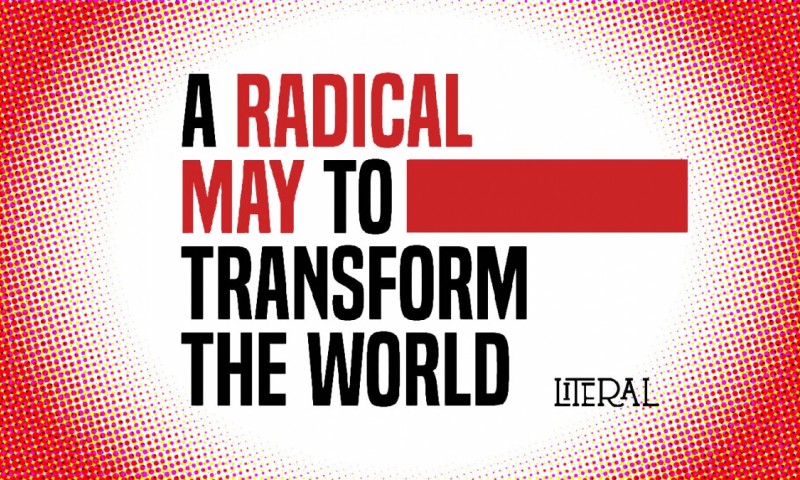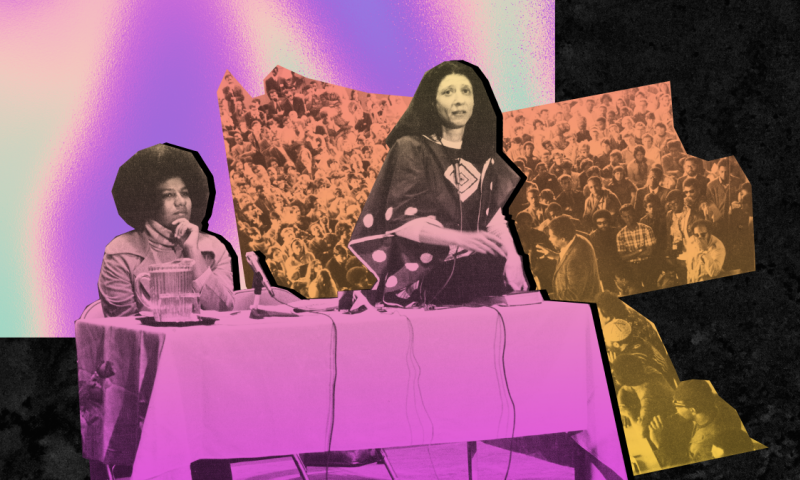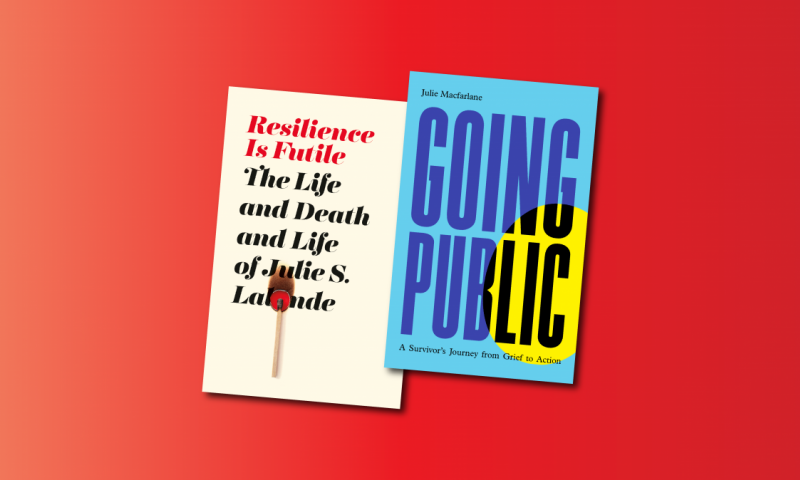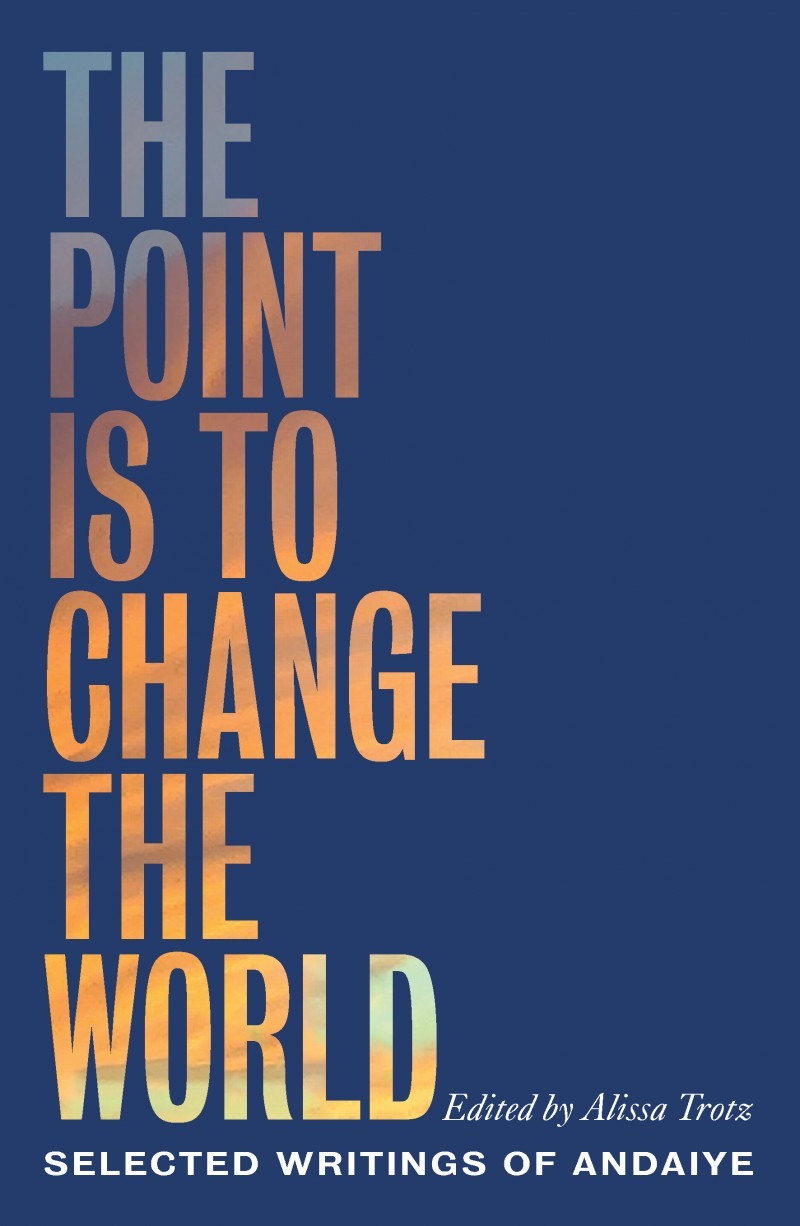
The Point Is to Change the World
Selected Writings of Andaiye
Radical activist, thinker, and comrade of Walter Rodney, Andaiye was one of the Caribbean’s most important political voices. For the first time, her writings are published in one collection. Through essays, letters, and journal entries, Andaiye’s thinking on the intersections of gender, race, class, and power are powerfully articulated, Caribbean histories emerge, and stories from a life lived at the barricades are revealed. We learn about the early years of the Working People’s Alliance, the meaning and impact of the murder of Walter Rodney and the fall of the Grenada Revolution. Throughout, we bear witness to Andaiye’s acute understanding of politics rooted in communities and the daily lives of so-called ordinary people. Featuring forewords by Clem Seecharan and Robin DG Kelley, these texts will become vital tools in our own struggles to “overcome the power relations that are embedded in every unequal facet of our lives.”
Praise
A comprehensive assessment of Andaiye’s journey of personal, political and professional growth. Notwithstanding her privileged position, she was a resolute advocate for working-class women. Her legacy as a Caribbean activist and strategist is formidable.
– Patricia Rodney, Chair of the Walter Rodney Foundation
It is not an exaggeration to say that this volume will occupy a vaunted place alongside the writings of C. L. R. James, Frantz Fanon, Aime Cesaire, Sylvia Wynter, Edouard Glissant, George Lamming, Kamau Brathwaite, Stuart Hall, and certainly Walter Rodney. And like her distinguished predecessors, Andaiye and her brilliant collaborator, Alissa Trotz, did not put this book together in order to gather dust in a library. The title says it all: The Point is to Change the World.
– Robin D.G. Kelley, author of Freedom Dreams: The Black Radical Imagination
This collection is a benchmark for the study of the Caribbean radical imagination.
– Clem Seecharan, Emeritus Professor of History at London Metropolitan University and author of Sweetening "Bitter Sugar": Jock Campbell, the Booker Reformer in British Guiana, 1934-66
Andaiye was the most important Caribbean woman intellectual-activist of the generation of Walter Rodney. Her subtle, river-clear, loving and angry intelligence is rescued here, and with it the memory of the political struggles of the 1970s and 80s in which a critical feminism emerged from the ruins of the Black Power moment.
– Richard Drayton, Rhodes Professor of Imperial History at King's College London
What is remarkable about Andaiye’s book, like Andaiye herself, is its liveliness, its accessibility and its unpretentiousness as it offers a thoughtful and compelling portrait of a period and a place that is often overlooked in discussions of the global south.
– Honor Ford-Smith, founding Artistic Director of the Sistren (Sisters) Theatre Collective and author of My Mother's Last Dance
Contents
| FOREWORDS | |
| Andaiye’s Radical Imagination—with Special Reference to Her Engagement with the Working People’s Alliance Clem Seecharan |
|
| Between Home and Street: Andaiye’s Revolutionary Vision Robin D. G. Kelley |
|
| The Principle of Justice as a Labor of Caring Honor Ford-Smith |
|
| PART ONE. LEARNING LESSONS FROM PAST ORGANIZING | |
| The Angle You Look from Determines What You See: Towards a Critique of Feminist Politics and Organizing in the Caribbean [ 2002 ] |
|
| The Historic Centrality of Mr. Slime: George Lamming’s Pursuit of Class Betrayal in Novels and Speeches [ 2003 ] |
|
| The Grenada Revolution, the Caribbean Left, and the Regional Women’s Movement: Preliminary Notes on One Journey [ 2010 ] |
|
| Conversations about Organizing: Revised Excerpts from an Interview with Andaiye by David Scott [ 2004 ] |
|
| 1964: The Rupture of Neighborliness and its Legacy for Indian/African Relations [ 2008, 2018 ] |
|
| Organizing within and against Race Divides: Lessons from Guyana’s African Society for Cultural Relations with Independent Africa, Indian Political Revolutionary Associates, and the Early Working People’s Alliance [ 2008, 2017-2018 ] |
|
| Three Letters against Race Violence [ 2004, 2008 ] |
|
| PART TWO. A DIFFERENT PERSPECTIVE: STARTING WITH THE UNWAGED CARING WORK OF MAINLY WOMEN WE REACH ALL SECTORS | |
| Valuing Unwaged Work: A Preparatory Brief for CARICOM Ministers Responsible for Women’s Affairs Attending the th World Conference on Women [ 1994 ] |
|
| Grassroots Women Learning to Count their Unwaged Work: Summary Report on a 2001–2002 Trial [ 2009 ] |
|
| Looking at the Legalization of Abortion from the Perspective of Women as Unwaged Carers [ 1993 ] |
|
| Strike for a Millennium which Values all Women’s Work and all Women’s Lives: A Call to Action [ 2000 ] |
|
| The Impact of the IMF Structural Adjustment Programme on Women’s Unwaged Work and How We Can Resist It [ c.mid-1980s ] |
|
| Housewives and Other Carers in the Guyanese Resistance of the Late 1970s and Early 1980s: Looking Back [ 2010 ] |
|
| Four Letters in Defense of Workers, Unwaged and Waged, and their Families [ 2011, 2012, 2018 ] |
|
| PART THREE. THE POLITICAL IN THE PERSONAL | |
| The War on Cancer as Seen by an Embattled Survivor [ 2017/2018 ] |
|
| Sister Survivor: For Audre Lorde [ 1992 ] |
|
| Asylum: Diary of the Last Seven Days in a Women’s Psychiatric Ward [ c.1973 ] |
|
| M: A Daughter’s Tale [ c.1982 ] |
|
| Against the Beating of Children: Submission to a Parliamentary Sub-committee on the Corporal Punishment of Children [ 2013 ] |
|
| Three Letters against Sexual Violence against Children [ 2010 ] |
|
| Knife Edge: Living with Domestic and Economic Violence [ 2013 ] |
|
| Women as Collateral Damage in Race Violence [ 2002 ] |
|
| Sexual Violence is a Question of Whose Honor? [ 2000 ] |
|
| Sexual Abuse and the Uses of Power [ 2018 ] |
|
| Letter to the Police Complaints Authority on an Allegation of Rape against a Police Commissioner [ 2012 ] |

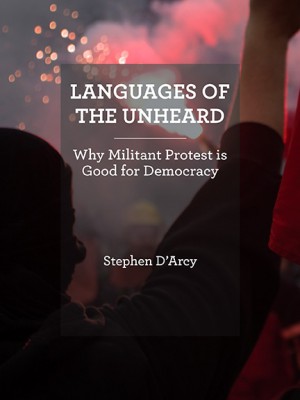
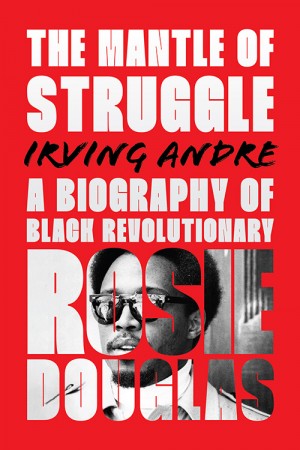
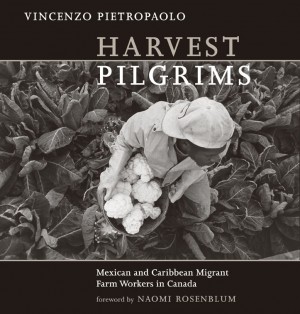
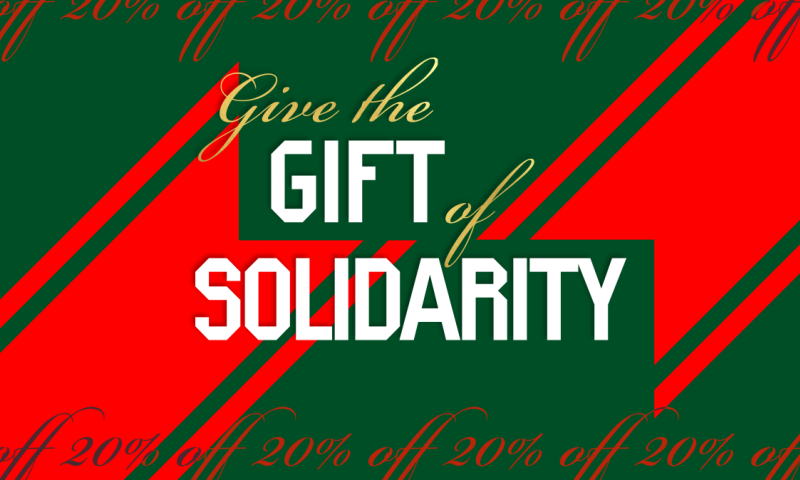
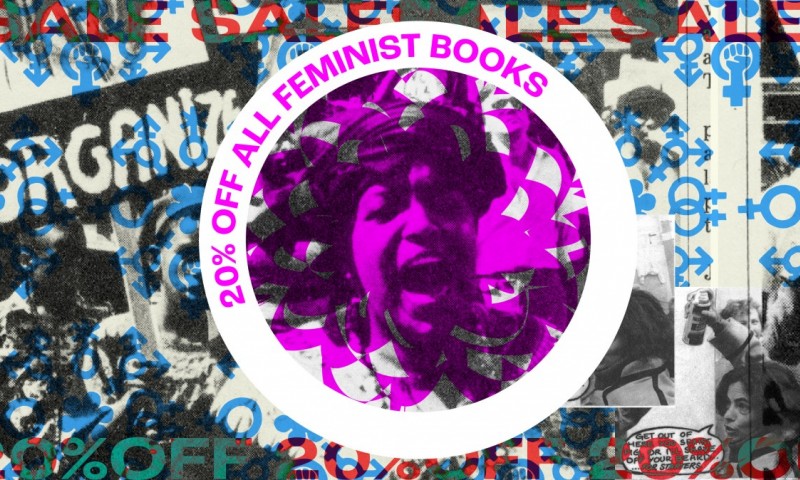
_800_480_c1.png)
